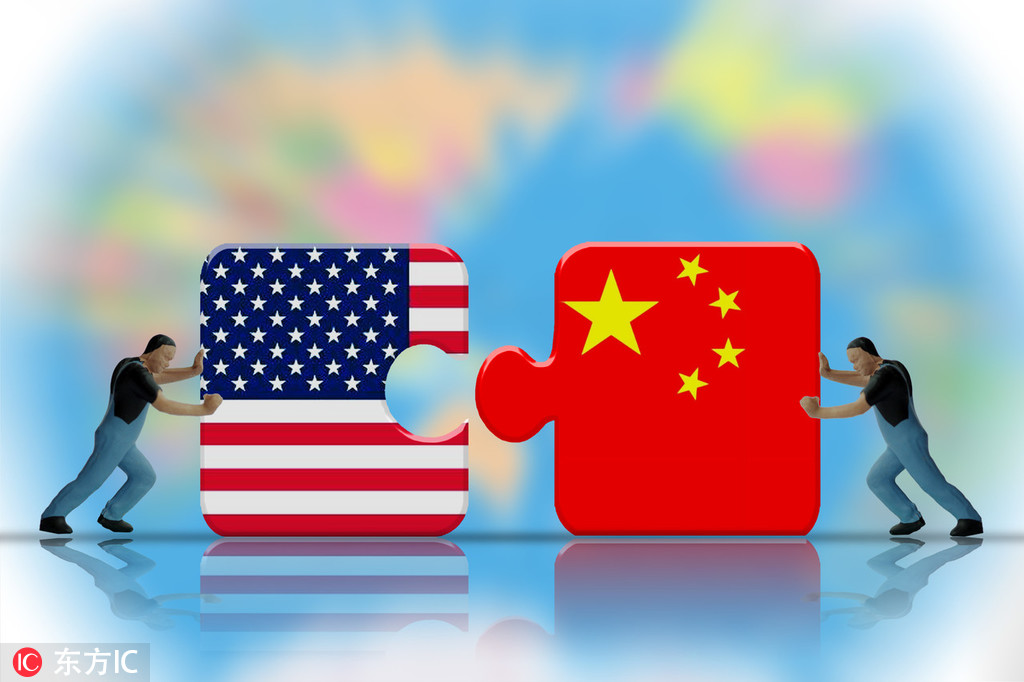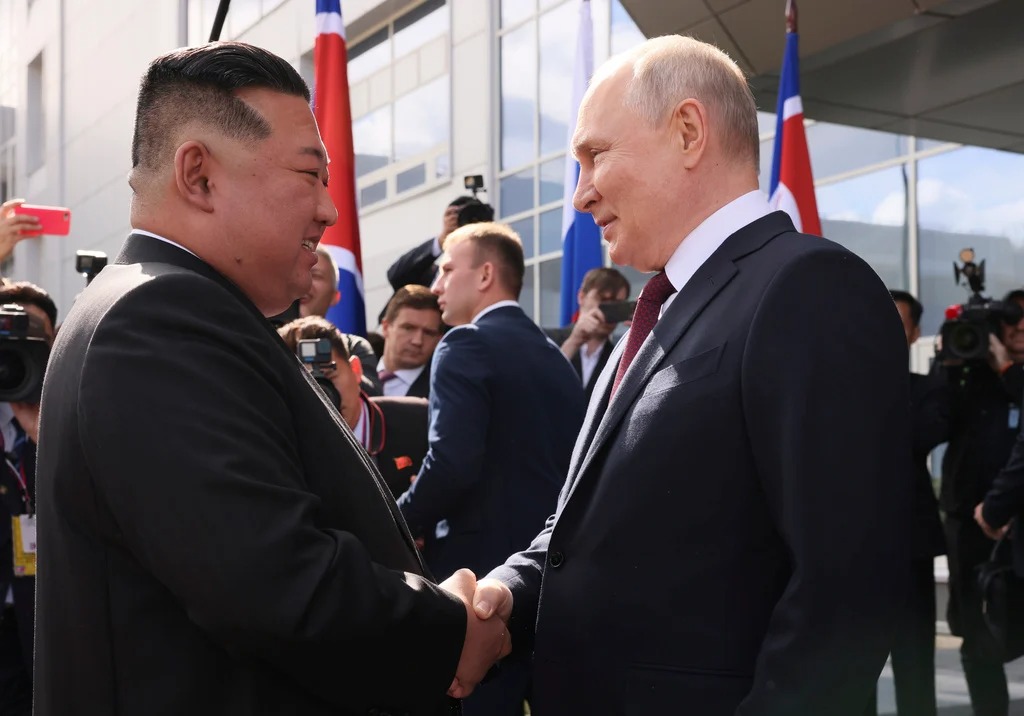The European Union (EU) is standing at a crossroads, with the potential to play a vital role in easing the strained relations between China and the United States. European Union foreign affairs chief Josep Borrell’s visit to China this week for the China-EU High-level Strategic Dialogue has emerged as a beacon of hope, a chance to stabilize relations that have deteriorated due to growing geopolitical tensions between Beijing and Washington. As the world grapples with intractable conflicts and growing concerns about the rise of populism, the EU’s role in fostering global peace and maintaining a multipolar world order cannot be overstated.
Borrell’s Mission of Reconciliation
The need for peace and diplomacy has never been more evident, as conflicts such as the Russia-Ukraine standoff and the recurring Israeli-Palestinian crisis continue to exact a heavy toll on civilian lives. The EU, with its geographical proximity to these hotspots, is acutely aware of the urgency of fostering peace in its vicinity. These tragic reminders underscore the importance of the EU’s engagement in stabilizing regions in turmoil.
China’s call for an immediate cease-fire and its emphasis on resolving disputes through dialogue and diplomacy present an opportunity for the EU to play a constructive role. The EU shares a common interest with China in maintaining peace and stability in these regions, and both parties can collaborate to facilitate this crucial dialogue.
The EU’s Strategic Autonomy Dilemma
One of the major challenges for the EU lies in preserving its strategic autonomy. The EU has often been criticized for its dependence on the United States, particularly in defense matters, and the influence of Washington across Europe. The fear of getting directly embroiled in US-China disputes is a cause for concern. To be an effective mediator between China and the US, the EU must exercise strategic autonomy and become an honest broker. Its objective should be to prevent the world from descending into a new Cold War or, even worse, a hot war.
Borrell, in his role as the EU’s foreign affairs chief, must bear in mind the immense human suffering that Europeans endured during the Cold War. His responsibility is to prevent history from repeating itself. If the EU executes this role effectively, it can not only contribute to global peace but also establish itself as a pillar of a multipolar world where developing nations from the Global South have an equal voice.
Enhancing China-EU Cooperation for Global Well-being
It’s essential to recognize that China and the EU have evolved significantly since establishing diplomatic ties in the 1970s and 1980s. Dwelling on their differences, as some EU politicians have done recently, is counterproductive for improving China-EU relations. Despite differing political systems, they have benefited from trade, investment, collaboration in education, science and technology, and joint efforts to combat climate change. Engagement and cooperation have consistently allowed both sides to manage their differences effectively.
The EU’s concerns about trade and investment barriers raised by China can be addressed through the China-EU Comprehensive Agreement on Investment. The timely ratification of this agreement by the EU is essential to prevent a lose-lose situation. Meanwhile, China also expresses concerns about the growing protectionism in the EU, necessitating open dialogue.
Rather than projecting its “Global Gateway” initiative as a counter to China’s Belt and Road Initiative, the EU should consider collaborating and sharing their best practices. By synergizing these two initiatives, they can better serve the interests of the developing world and create a win-win situation.
















